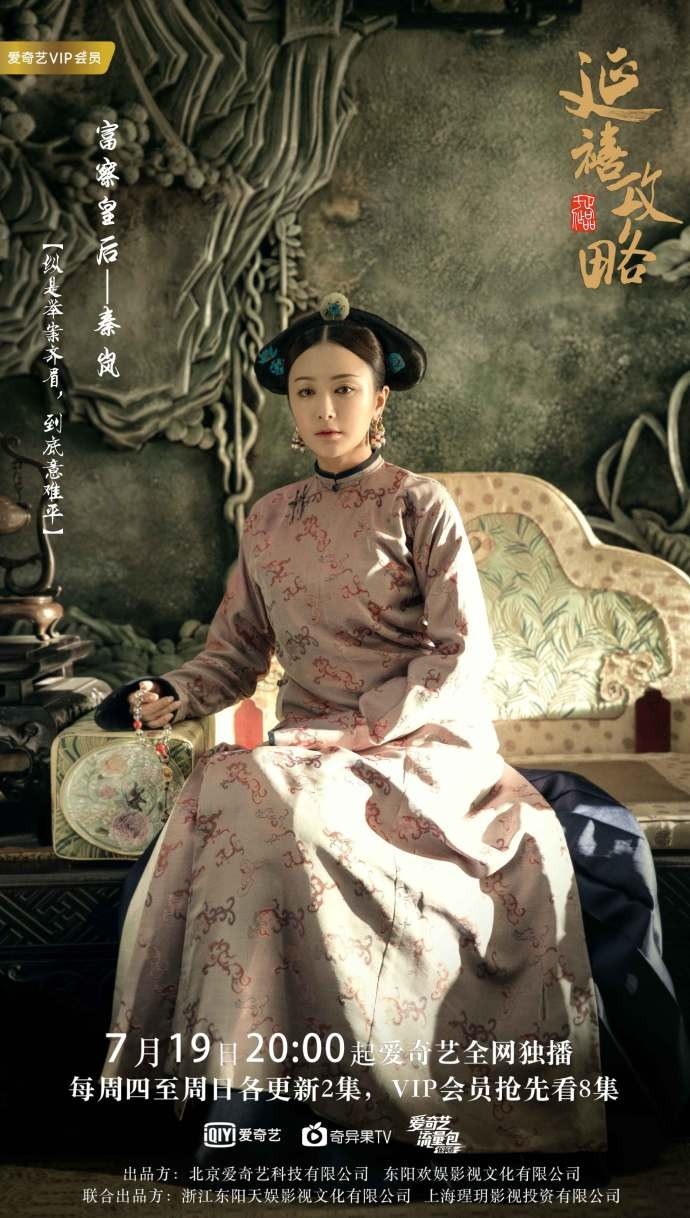
The Black Lives Matter Protest invigorated many of us to think about our respective curricula. I was probably not the only one aware of the limitations of what I offered to students in terms of including non-dominant voices. Most of my teaching has focused on British, American and sometimes European television and film.